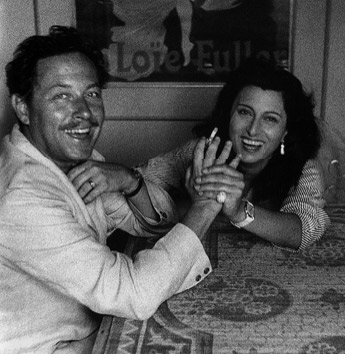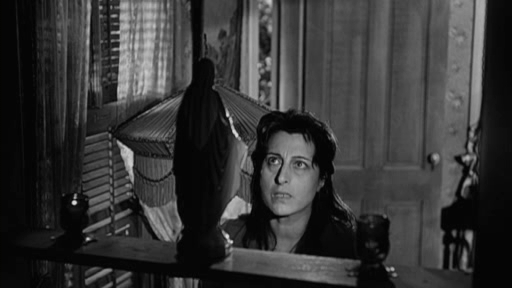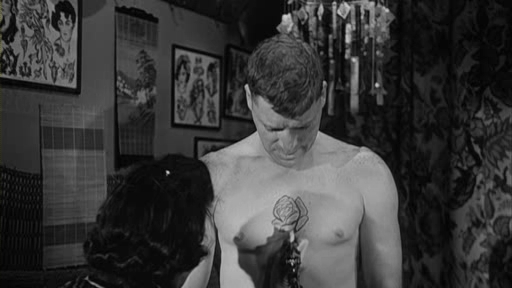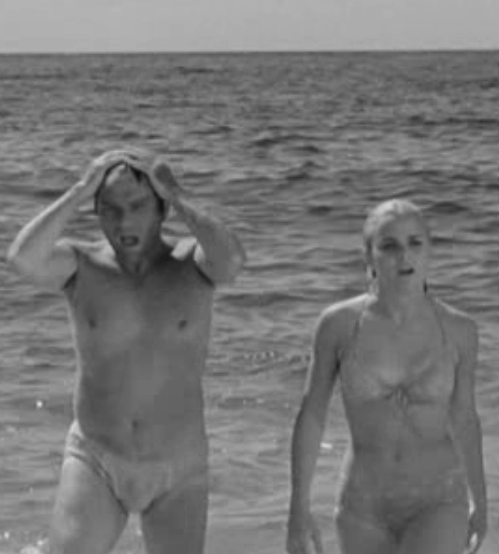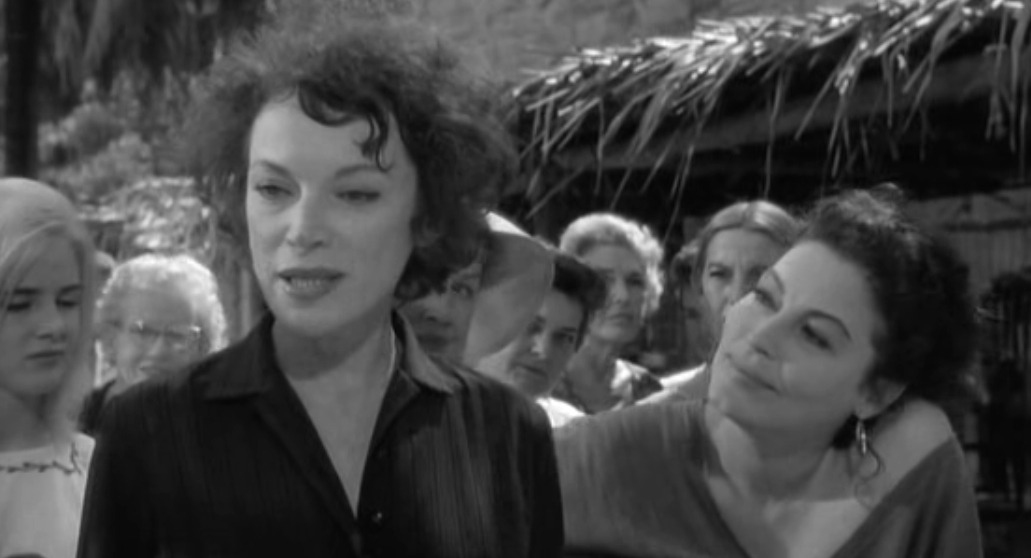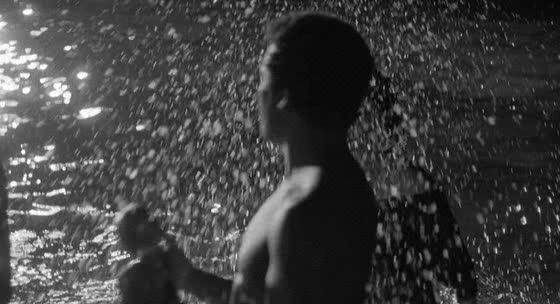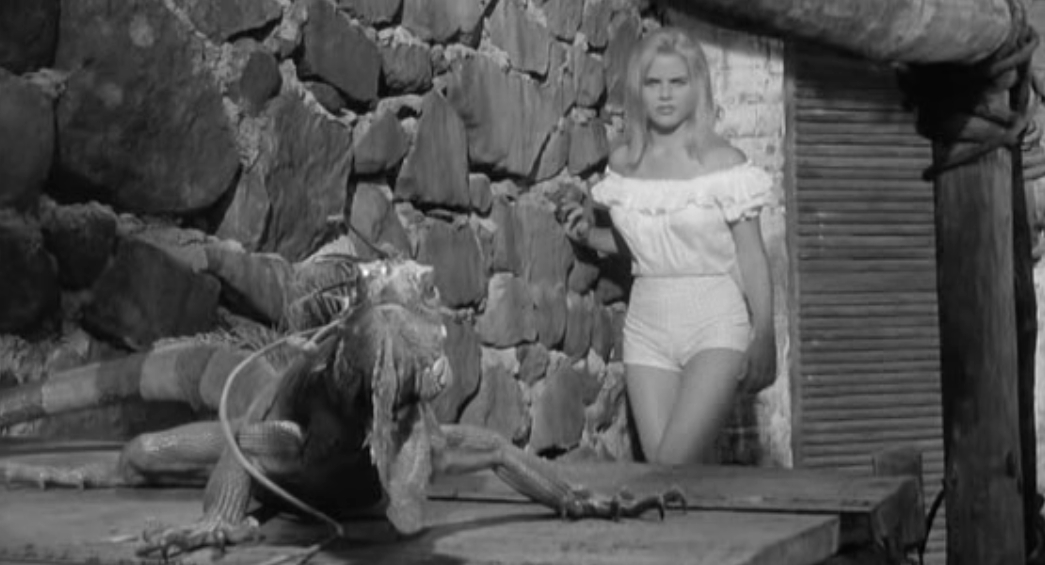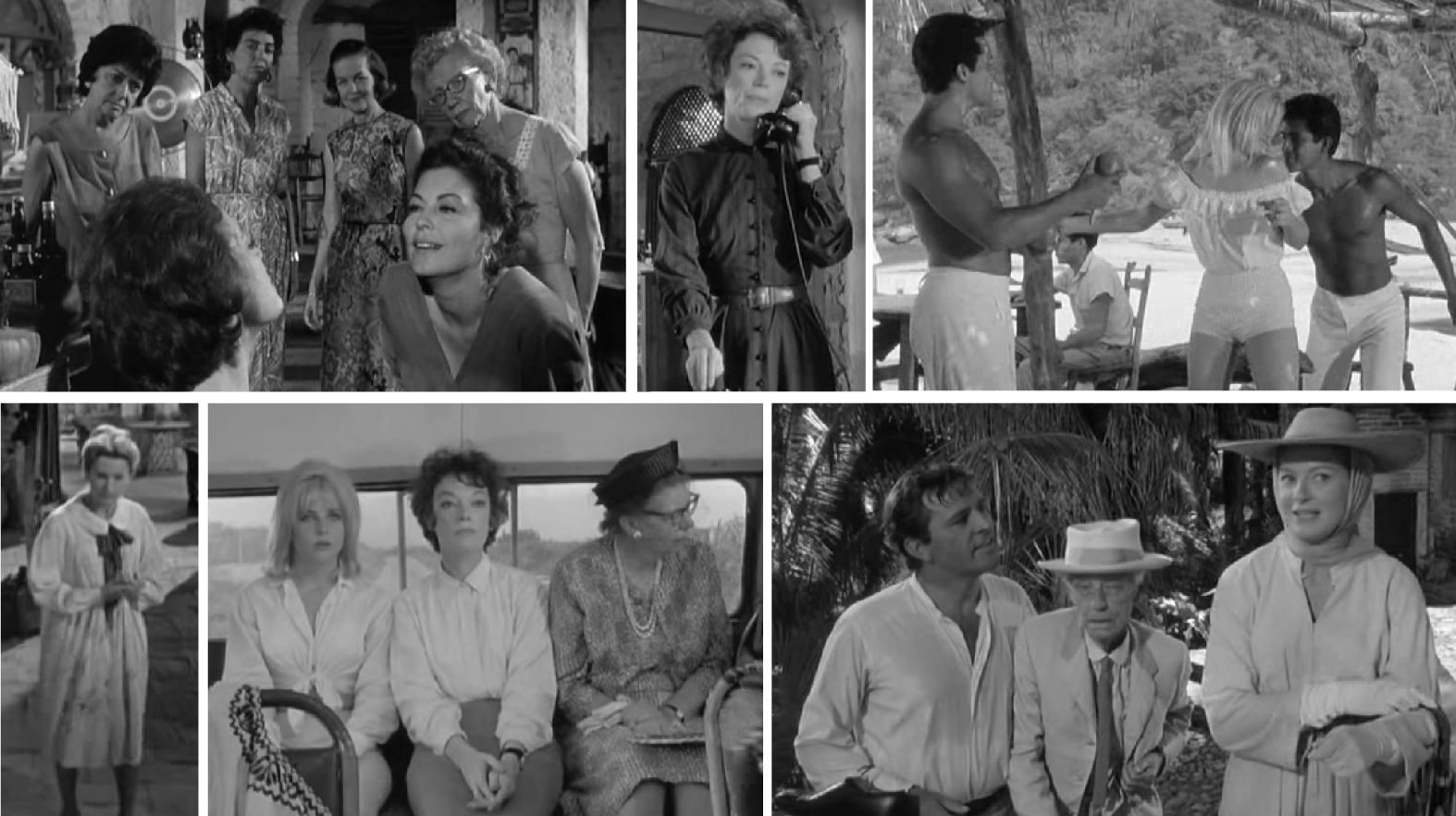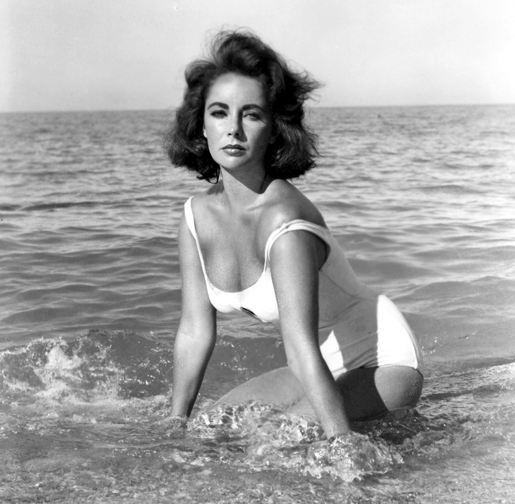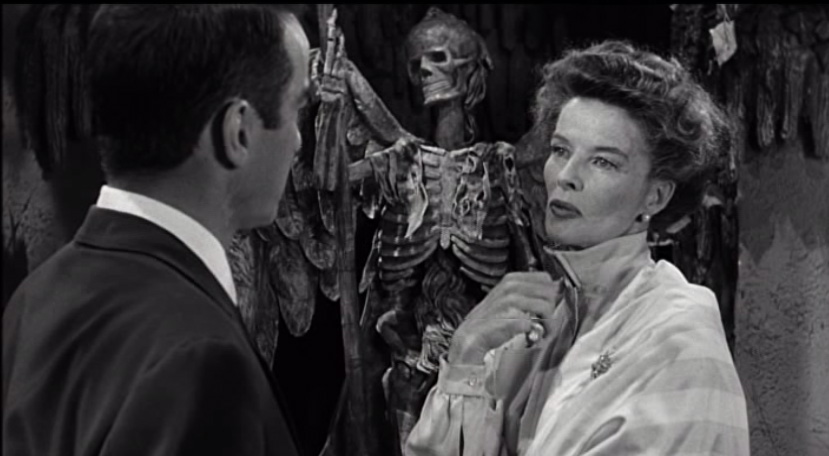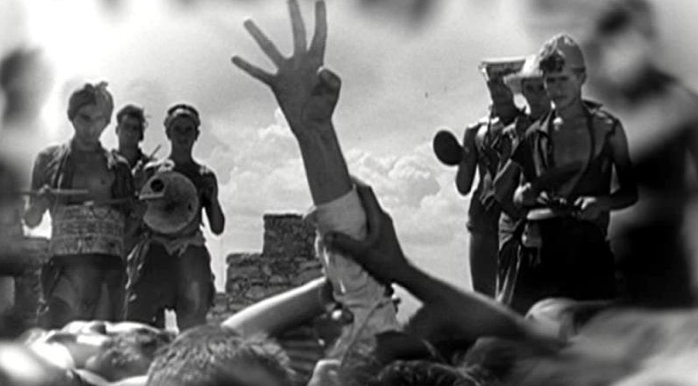"Maggie the Cat is Alive!"
 Saturday, March 26, 2011 at 8:30PM
Saturday, March 26, 2011 at 8:30PM Tennessee Williams Centennial Week Wraps
Maggie the Cat, the sex-starved slip-covered wife at the heart of Cat on a Hot Tin Roof (discussed earlier this week) is not just alive, she keeps coming back to life. True to her feline symbolism she's had several of them, eight bigs ones actually. Who will risk playing Maggie the Cat's ninth major life and how soon will that be?
Here is a history of the key Maggies for those who love the play... or just if you like to see major actresses in their lingerie. Have you ever seen a production of this play anywhere or just the 1958 film? Do tell in the comments. Would love to hear Tin Roof stories.
1955 ~ Original Maggie
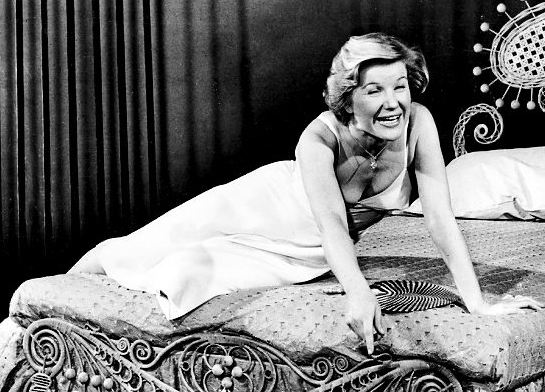
Barbara Bel Geddes, originated the role on Broadway in the 1956 and won a Tony nomination. (She lost to Julie Harris in "The Lark"). Other Key Roles: I Remember Mama (1947, Oscar nomination. Lost to Claire Trevor in Key Largo), "Midge" in Alfred Hitchcock's Vertigo (1958), "Mary, Mary" on Broadway (1961, Tony nomination), and "Miss Ellie Ewing" on Dallas (1978-1990, 3 nominations/1 win at the Emmys)
1958 ~ Legendary Maggie
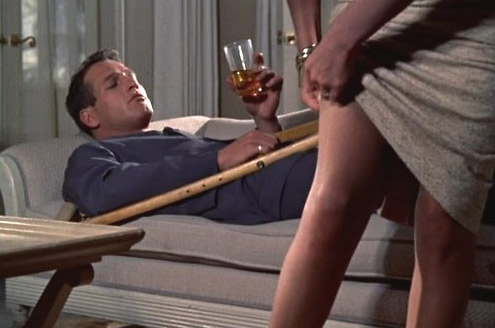
Elizabeth Taylor slinked, steamed, pawed and nagged her way to consecutive Oscar nomination #2 in the 1958 film version of Cat on a Hot Tin Roof. Suddenly Last Summer was Oscar nom #3 in 1959. Then a win for her fourth consecutive nomination for BUtterfield 8 (1960). Many more Liz photos in the gallery section of the site. If you've been away, catch up on the Liz commemorative posts.
Elizabeth is not the only two time Oscar winner who played Maggie. Lots of stars have slinked around in that white slip: Jessica Rabbit, a Dreamgirl, and even one of Elizabeth's few rivals in 60s Movie Superstardom.
1974 ~Cognoscenti's Maggie
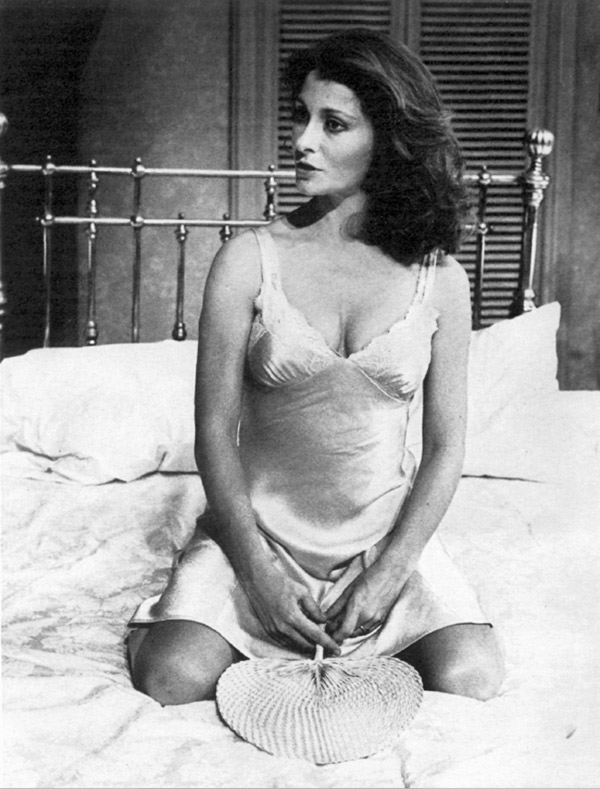
Elizabeth Ashley's early 60s film breakout gave way to a highly acclaimed theatrical career with lots of guest starring TV roles on the side. She won raves and a Tony nomination for the sexually charged 70s revival of Broadway. People Magazine featured her in their Stage section at the time.
'I was one of those people who became a 'star' very young, and I turned into a monstrous human beging - Bessie von Bitch, they called me. I was in analysis forever.'
She now sees herself as made for the stage - 'a leading woman who can handle anything they've got, but God knows I'm not a movie star.'
Other Key Roles: The original Corie from Broadway's Barefoot in the Park (Jane Fonda got the movie role); "Mollie" in Take Her She's Mine" (1962 Tony Award); Monica in The Carpetbaggers (1964, Golden Globe nomination); Jenny in the Best Picture nominee Ship of Fools (1965); Recently played Mattie Fae in August: Osage County (replacement).
Jessica Rabbit, a Dreamgirl and some crazy oroborus-style Jessica Lange trivia after the jump.



